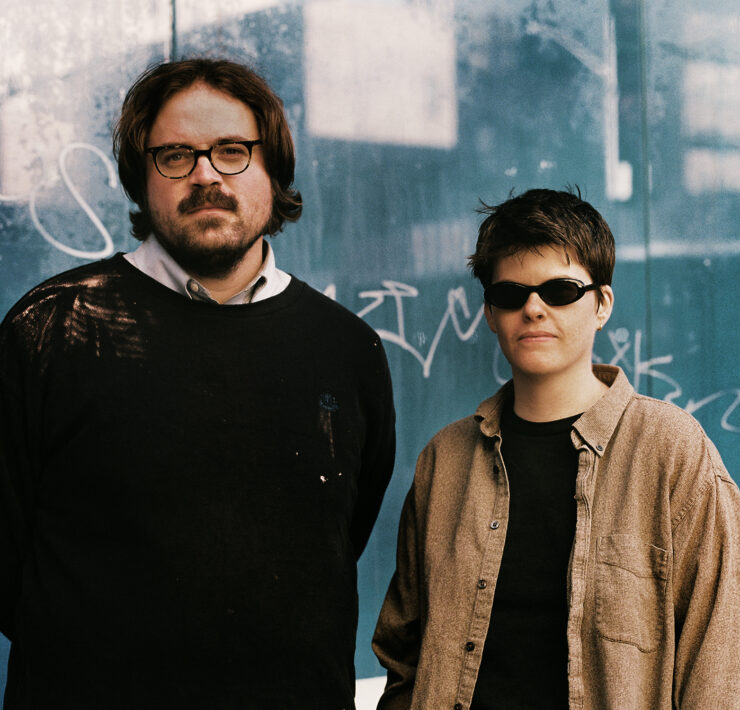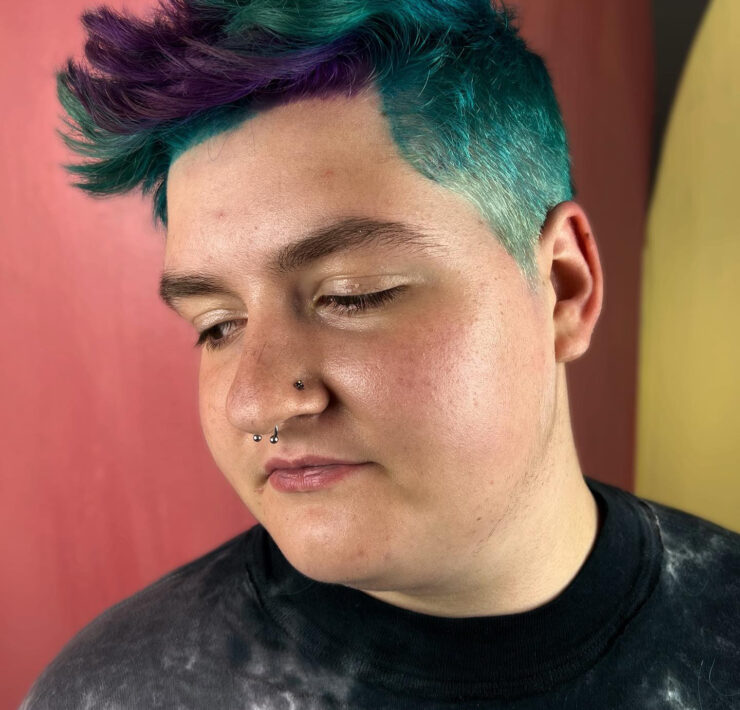Speak Out: The gap between ‘LGB’ and ‘T’

By Julia Hatch
Many years ago, as a young adult, I thought I was alone with my experience of being a transsexual.
I called the Salt Lake City gay crisis line when I thought there was no other place to go: It was within the gay community that I found support – an experience that has been true for many other transgender people of my generation. I welcomed our inclusion in the LGBTQ movement. Even though our issues come from different orientations, we’ve had enough in common to be in solidarity with one another.

This doesn’t mean that all transexual people have been as enthused as I’ve been at being the “T” at the end of “LGB.” Nor am I under any delusions that all gay people are happy to include us. Early on, I learned to keep my transexuality to myself around gay friends because some of them openly looked down on what they referred to as drag queens.
I’ve also experienced the negative attitudes of transgender people toward gays. At one transgender organization dinner I attended in Michigan, I was sitting with three other transgender male-to-female people and their wives. In the general flow of conversation, each of them stated that they loved to wear women’s clothing – “BUT!” they exclaimed, “that doesn’t mean I’m gay.” I brought the conversation to a halt when I leaned over the table and asked one of them, “So that doesn’t mean you’re gay – and there’d be something wrong with that?” An uncomfortable silence fell over the table along with a renewed interest in the mediocre food being served.
Politically, most transgender people feel a great benefit from our alliance with our brothers and sisters in the rest of the LGBTQ movement. In Colorado, we have benefited greatly from our inclusion in the 2008 anti-discrimination bill that has given us and the gay community legal protection from job discrimination. The bill also gave transgender people legal access to public restrooms.
I think everyone in the LGBTQ movement feels that the repeal of Don’t Ask Don’t Tell was a step forward. I first heard the repeal had won from a gay activist on a radio news program. After expressing his joy at having won the right to serve in the military, he stated, “it’s time now to fight for the same repeal for our brothers and sisters in the transgender community.” I was surprised to find out that transgender people hadn’t been included. I also felt and still feel that it’s not true that the rest of the LGBTQ community will automatically fight for our inclusion. If we weren’t included in the original repeal, then I doubt that we’ll be very high on activists’ priority lists down the road – at least not without more transgender people standing up to speak out for themselves.
The trans community has made a lot of progress in gaining more acceptance and understanding, but we’re lagging behind gays in fighting the bigotry and discrimination directed at us. Homosexuality was taken out of the DSM psychological diagnostic manual in the 1970s. Being transgender is still pathologized by the manual – diagnosed as having a mental disorder, which is an obstacle to medical care and reinforces stigma. It also provides justification for the military to continue persecuting us.
Because of these basic differences, transgender people have different needs from those that motivate the gay community’s activism. We can’t just keep going along with the same agenda promoted by the majority in the movement. There are issues where we can stand together to fight for our common interests, but others where we need to take the initiative to fight for ourselves.
Being transgender within the LGBTQ movement is to be a minority within a minority, and we run the risk of being overlooked, even marginalized, by those we are supposed to feel allied with. So, it’s up to us to educate and advocate for ourselves, both inside the LGBTQ community and out.
What's Your Reaction?
Speak Out is a section created for YOU, our readers, to submit opinions or personal narratives pertinent to Colorado's LGBT community. Have something to Speak Out about? Contact Holly Hatch or Matt Pizzuti to submit a 500-600 word piece: Holly@OutFrontColorado.com Matt@OutFrontColorado.com










